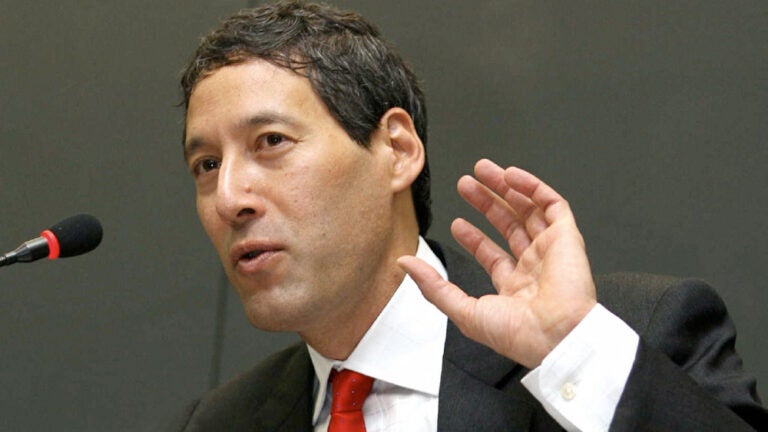
It’s a First for David Kang and USC
The Strategic Initiative for Korean Studies (SIKS) has awarded funding for new projects in 2009 and has selected David Kang, director of the Korean Studies Institute (KSI) and professor of international relations and business in USC College, to receive a $600,000 five-year grant. This is the first grant SIKS has awarded to Kang and USC.
“My vision for the KSI is for us to become the world’s leading research institute that focuses on contemporary Korean issues; that is, the political, economic and social issues confronting Korea today. These issues affect both Koreans and Americans — you see them every day in the news,” Kang said. “This five-year grant will provide the KSI with two annual postdoctoral fellowships that focus on contemporary issues, as well as fund an administrative position.”
“We are pleased that the Korean Studies Institute under the excellent directorship of David Kang has received this recognition,” Howard Gillman, dean of USC College said. “This funding will aid the KSI in the fulfillment of its vision as a world-class research institute with a clear scholarly and public profile.”
Emphasizing language and culture as do other major research universities, KSI stands apart in its focus on the scholarly pursuit of social sciences and contemporary issues.
Helping Americans and Koreans understand these issues is both an important scholarly and educational goal. Kang and his research team are interested in the East Asian and Korean economic dynamism; how that region is becoming central to economic life around the globe; and the changing social and generational views of Korean society, the cultural impact of Korean movies and other popular culture. Kang also plans to explore how Korean popular culture is influenced by external forces.